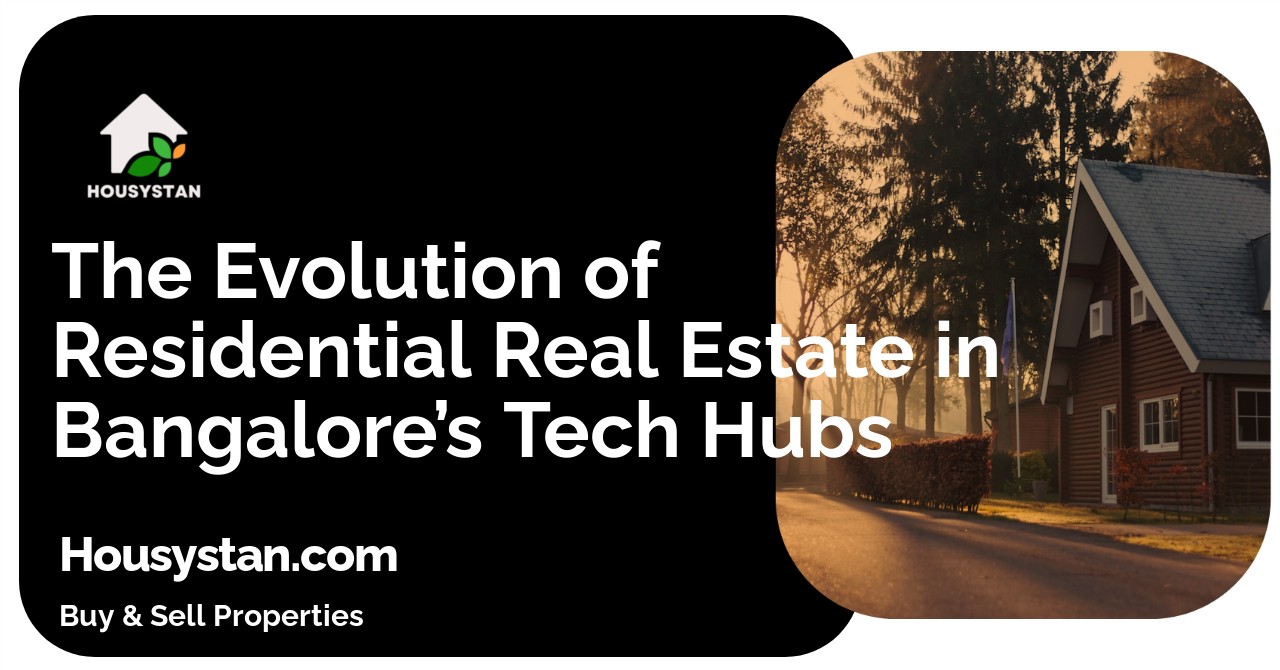The Evolution of Residential Real Estate in Bangalore’s Tech Hubs
Read latest blogs and articles from Housystan

The Information mentioned here was last updated on:
29/1/2026The transformation of residential real estate in Bangalore’s thriving tech hubs reflects the city’s dynamic growth and innovative spirit. Over the past decade, Bangalore has rapidly evolved into India’s premier technology destination, attracting IT professionals, entrepreneurs, and global corporations. Areas such as Whitefield, Electronic City, and Outer Ring Road have become epicenters for both business and modern living, resulting in remarkable shifts in the residential property landscape.
As Bangalore’s tech corridors flourished, the demand for high-quality housing solutions surged. Developers responded by introducing premium apartments, gated communities, and luxury villas equipped with state-of-the-art amenities. These residential projects cater to the lifestyle aspirations of tech professionals who value convenience, security, and connectivity. Proximity to major IT parks, international schools, and shopping centers has further elevated the appeal of these neighborhoods, making them preferred choices for families and young professionals alike.
Infrastructure advancements have played a pivotal role in reshaping Bangalore’s real estate market. Improved road networks, the Metro expansion, and seamless access to the airport have contributed to higher property values and enhanced quality of life. Green spaces, recreational facilities, and sustainable development practices are now integral to newly launched projects, reflecting the city’s commitment to eco-friendly urbanization.
- Verified Tenants/Buyers
- Unlimited Property Listing
- Zero subscription/charges fee
Investment opportunities in Bangalore’s residential sector continue to attract attention due to consistent appreciation rates and robust rental demand. Buyers and investors are drawn to the tech hubs for their potential for long-term growth and stable returns. The influx of multinational companies and startups ensures a steady flow of employment, fueling the need for diverse housing options across various price segments.
Bangalore’s reputation as the “Silicon Valley of India” is closely linked to the evolution of its residential real estate in tech-focused zones. The city’s unique blend of technological advancement, cosmopolitan culture, and progressive infrastructure makes it a hotspot for property seekers from across the country. As the tech industry drives further expansion, Bangalore’s real estate market is poised for sustained growth, offering unparalleled opportunities for residents and investors in the heart of India’s technology capital.